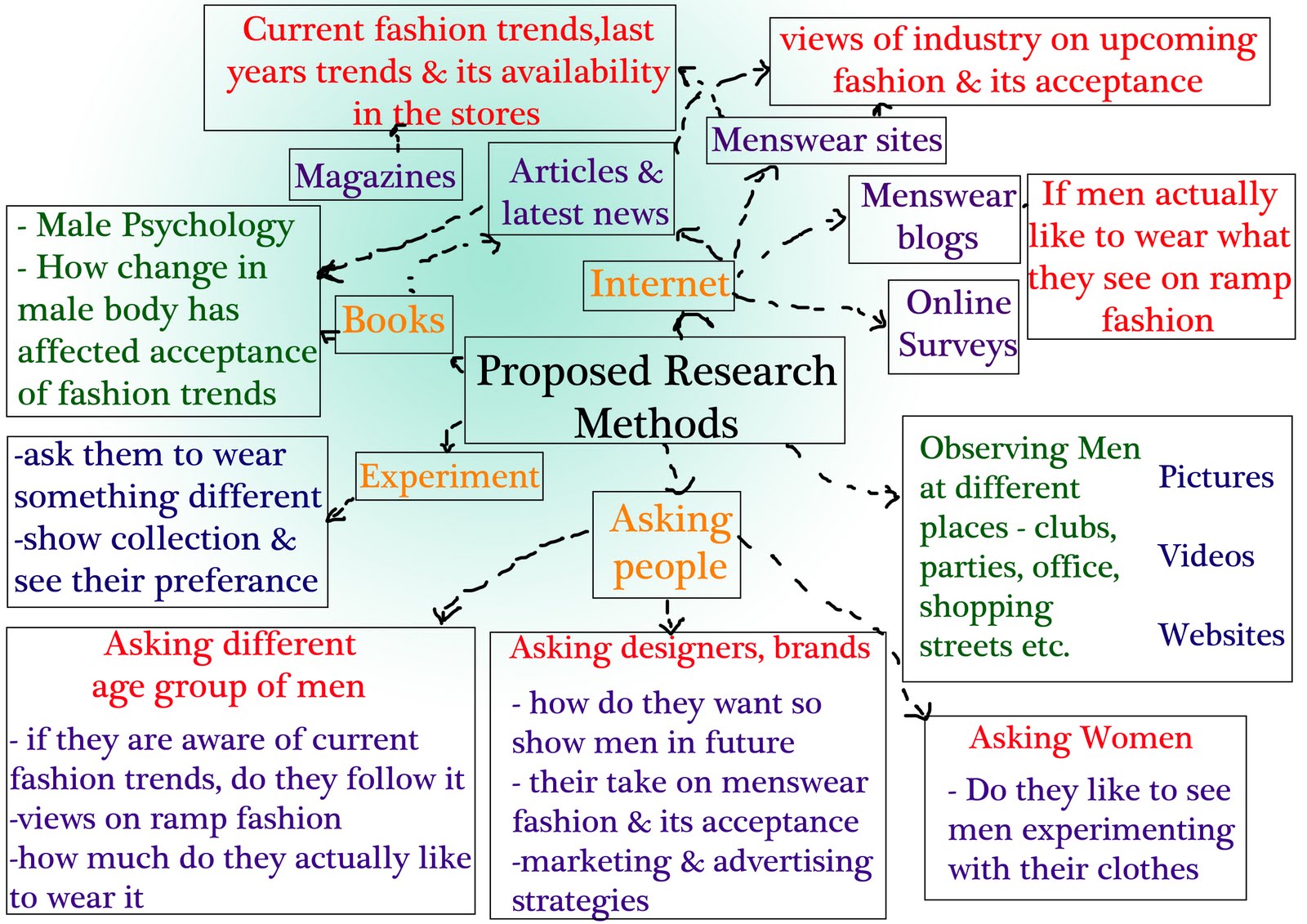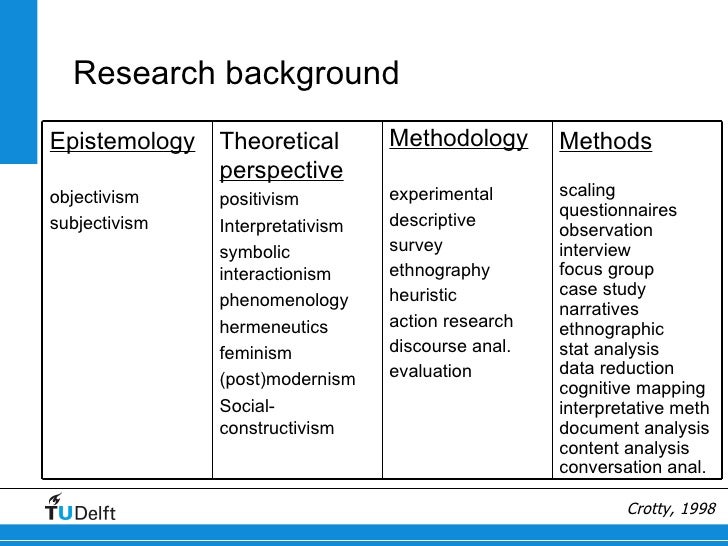
^Social research may be defined as a scientific undertaking which by means of logical and systematized techniques aims to discover new facts or verify and test old facts, analyse their sequences, inter- relationships and casual explanation which were derived within an appropriate theoretical frame of reference, develop new scientific tools, concepts and theories which would facilitate reliable and valid study. Research Methods: Research methods involve surveys, interviews, case studies, observation, experiments, etc. Research Methodology: Research methodology involves the theoretical frameworks and learning of the various techniques that can be used in the conduct of research and the conduct of tests, experiments, surveys and critical studies. About the Book: This second edition has been thoroughly revised and updated and efforts have been made to enhance the usefulness of the book. In this edition a new chapter The Computer: Its Role in Research have been added keeping in view of the fact tha. Research Methodology b. Testing hypothesis is a a. Inferential statistics b. Descriptive statistics c. Data preparation d. Is it possible to apply projective techniques for exploratory investigation? What is the purpose of doing research?
Research Methodology: An Introduction 1 1 Research Methodology: An Introduction MEANING OF RESEARCH Research in common parlance refers to a search for knowledge. Once can also define research as a scientific and systematic search for pertinent information on a specific topic. In fact, research is an art of scientific investigation.
Techniques or tools used for gathering research data include:

Research Methodology And Techniques In Geology Pdf
| Qualitative Techniques or Tools | Quantitative Techniques or Tools |
|---|---|
| Interviews: these can be structured, semi-structured or unstructured in-depth sessions with the researcher and a participant. | Surveys or questionnaires: which ask the same questions to large numbers of participants or use Likert scales which measure opinions as numerical data. |
| Focus groups: with several participants discussing a particular topic or a set of questions. Researchers can be facilitators or observers. | Observation: which can either involve counting the number of times a specific phenomenon occurs, or the coding of observational data in order to translate it into numbers. |
| Observations: On-site, in-context or role-play options. | Document screening: sourcing numerical data from financial reports or counting word occurrences. |
| Document analysis: Interrogation of correspondence (letters, diaries, emails etc) or reports. | Experiments: testing hypotheses in laboratories, testing cause and effect relationships, through field experiments, or via quasi- or natural experiments. |
| Oral history or life stories: Remembrances or memories of experiences told to the researcher. |